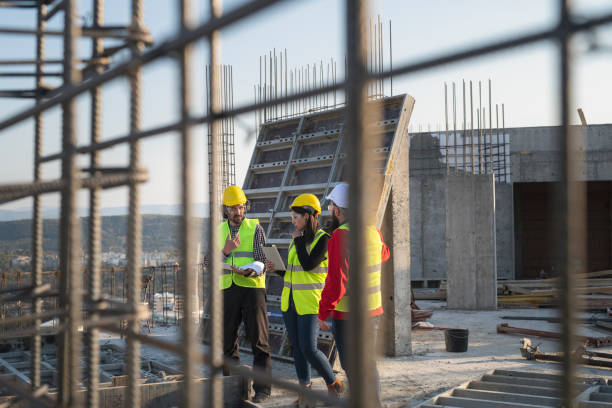The potential delay to the Hinkley Point C project has been described as “worrying” by the Association for Renewable Energy and Clean Technology (REA). Reports surfaced this week suggesting that the nuclear power station in Somerset will not be operational until 2036, 11 years after its original 2025 completion date. REA director of policy Frank Gordon said this highlights the need for renewable forms of energy. Gordon said: “It is worrying to hear about the 11-year delay to Hinkley and it demonstrates the limitations of nuclear in addressing the immediate energy crisis. The REA has repeatedly warned the government not to just focus solely on developments which won’t come to fruition for another 10 to 15 years, but rather turbocharge support for renewable technologies which will tackle the cost-of-living crisis, and quickly provide the UK with energy security.” The government’s Energy Security Strategy, published in April, does set the target for the UK to reach 24GW of nuclear capacity by 2050. This would represent up to around 25% of the country’s projected electricity demand – and ECIU senior analyst Jess Ralston has also said that a nuclear “backbone” is needed going forward.

The Hinkley Point C Project Has, However.
already faced delay challenges. In January 2021, EDF announced that the completion date would be pushed back to June 2026 due to delays arising from the Covid-19 pandemic. Earlier this year, the company then confirmed that there would be a further year-long delay and £3bn cost increase. This put the start date for the Unit 1 reactor at June 2027, with the cost sitting at £25bn to £26bn, an increase on the previous £23bn figure. This week’s fears of further setbacks surfaced after a new contract between the government and EDF stipulated that Hinkley will still be funded even if it does not start operating until 2036. Under the original deal, this state support would be scrapped if the plant did not generate electricity by 1 November 2033. However a Hinkley Point C spokesperson has maintained that the project is still on track. The spokesperson said: “Hinkley Point C’s schedule was recently reviewed in detail and remains unchanged. “The power station’s clean home-grown electricity is needed to provide Britain with secure and affordable energy and to help the country kick its dependency on gas. The team at Hinkley Point C is working hard to make the plant operational as soon as possible.”

The Commissioning Transfer Window for The Project is Still.
2025-2029, with 2027 set as the date for Unit 1 operation. According to the Low Carbon Contracts Company (LCCC), the government’s counterparty in the contract, contractual pressure remains on EDF to commission the reactors as soon as possible. The LCCC said: “Extending the long-stop date will not impact the delivery date of the project. The terms of the contract provide an incentive to complete commissioning as soon as possible.” A Nuclear Industry Association spokesperson added: “We don’t see there being an impact because the Hinkley Point C date for first power of 2027 hasn’t changed.” Looking ahead, however, Gordon highlighted that there is a pipeline of “at least 17GW of large-scale solar capacity in development, which if combined with the existing 14GW of solar PV could provide up to 7.5% of the UK’s total power needs, at speed”. He added: “The onshore wind pipeline stands at 6.8GW of projects with planning permission or being built in the UK, which could provide roughly an extra 6% of the UK’s power needs, meaning onshore wind would provide just under 20% of the UK’s power needs when combined with the existing 13 14.2GW capacity, if you were to apply last year’s wind speeds and load factors.” In addition, Gordon said that the UK “could get to over 99% low carbon power by 2030 with an additional 90GW of wind and solar and 10GW hydrogen, alongside BECCS and bioenergy”. “Our sector is clear: we stand ready for a mass rollout of small, medium and large-scale renewable developments if the government are proactive in removing barriers and providing other catalysts,” he said.


Recent Comments